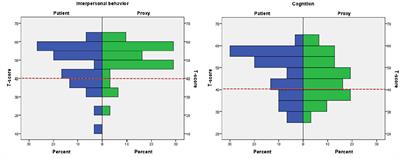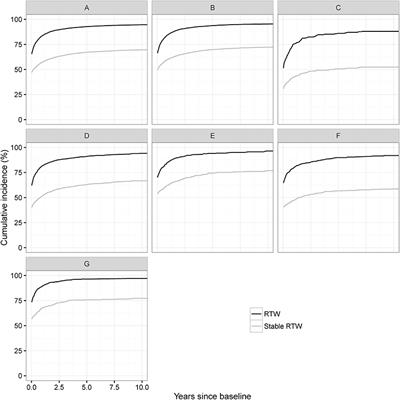EDITORIAL
Published on 01 Nov 2019
Editorial: Impact of Traumatic Brain Injuries on Participation in Daily Life and Work: Recent Research and Future Directions
doi 10.3389/fneur.2019.01153
- 5,620 views
- 7 citations
26k
Total downloads
127k
Total views and downloads
You will be redirected to our submission process.
EDITORIAL
Published on 01 Nov 2019
REVIEW
Published on 06 Jun 2019

ORIGINAL RESEARCH
Published on 21 May 2019

ORIGINAL RESEARCH
Published on 12 Apr 2019

ORIGINAL RESEARCH
Published on 15 Mar 2019

ORIGINAL RESEARCH
Published on 14 Mar 2019

ORIGINAL RESEARCH
Published on 07 Mar 2019

ORIGINAL RESEARCH
Published on 21 Feb 2019

ORIGINAL RESEARCH
Published on 21 Feb 2019

ORIGINAL RESEARCH
Published on 05 Feb 2019

ORIGINAL RESEARCH
Published on 14 Jan 2019

REVIEW
Published on 19 Dec 2018

